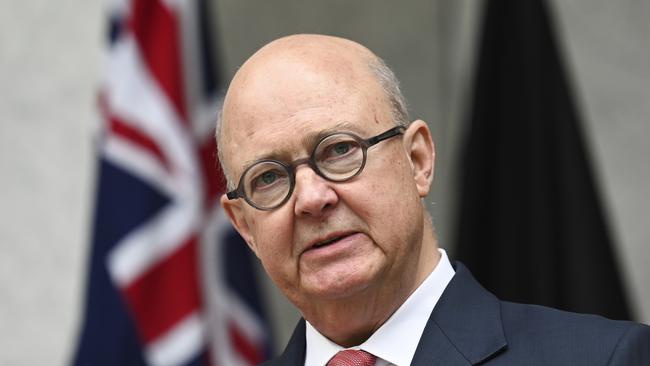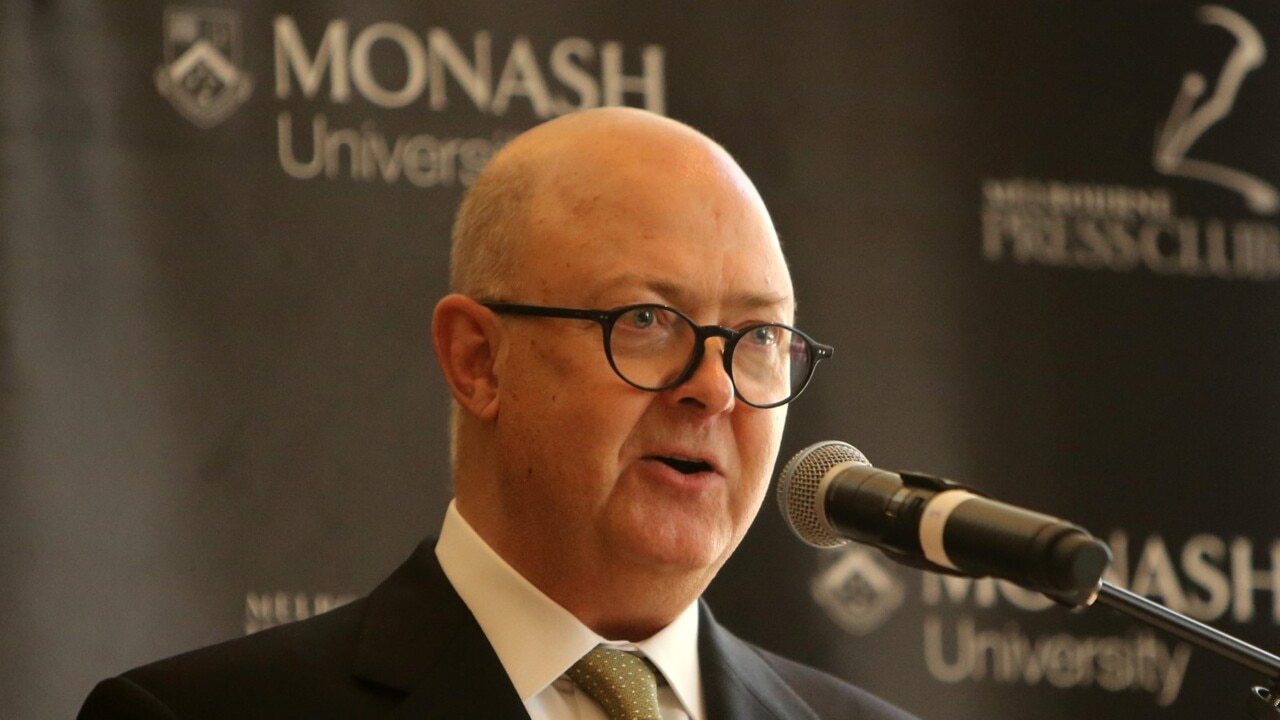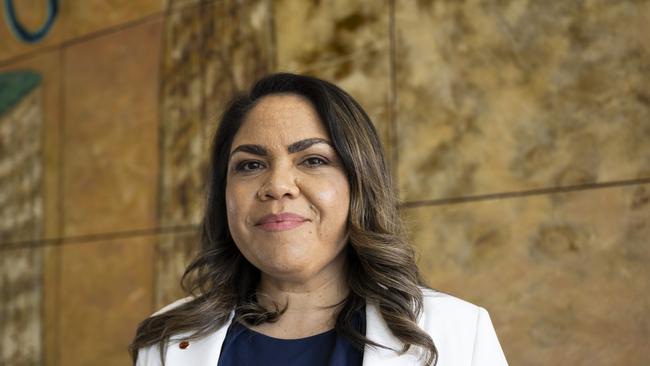ABC’s Williams right to criticise its news failings
Kim Williams might be the only person in Ultimo who can see that what is presented by the ABC as news is often little more than a collection of lifestyle stories.

Choosing a particular morning, he said that, after a reference to President Joe Biden, there was a story about drug usage over Christmas along with two stories about tennis. Williams complained that there was no mention of the Israel-Gaza war, or Ukraine or the recent NATO meeting or the French election.
This is not the first time that Williams has criticised ABC news and current affairs. On June 24, 2012, The Australian reported that he had told the Sky News Agenda program: “It (the ABC) breaks remarkably few stories relative to the amount of money invested in it” and added that, “we break thousands of stories a year; the ABC breaks dozens”.
The “we” was a reference to News Limited – now News Corp – of which Williams was chief executive at the time. He was referring to The Australian, News Corp’s metropolitan papers and Sky News. Williams acknowledged that 7.30, Four Corners and (the now defunct) Lateline broke news – but only “occasionally”.
What Williams said in 2012 remains true today. A couple of examples illustrate the point. News of the terrorist group Hamas’s early morning attack on southern Israel on October 7 reached Australia later that evening. This was already a huge international event – perhaps one of the biggest stories of the 21st century. But not to ABC TV Insiders the next morning.
The overwhelming focus of the Insiders program on October 8 was on the forthcoming referendum on the voice. There was only the briefest mention of the breaking of a ceasefire by Hamas and the terrorist organisation’s attack on civilians in the introduction. Moreover, this issue had only been discussed for a minute by the panel when presenter David Speers declared “it’s time to move on”.

The last nine weeks have witnessed considerable news with respect to the Israel-Hamas war, the US presidential election, Ukraine, the French elections, civil unrest in Britain, the lead-up to the Australian elections, cost of living, and more besides. But the ABC TV Q+A program has been on what some journalists like to term a well-earned break – and replaced temporarily by a light-hearted sports program. Q+A will resume next Monday. For much of the year its panels and audiences have been leftist stacks.
And then there is the ABC TV News Breakfast program which airs on the ABC main channel as well as on its dedicated news channel. News Breakfast is often replete with lifestyle stories and has overall an air of tweeness. The Sky News’ First Edition breakfast program, on the other hand, carries much more serious news.
Williams’ comments about the softness of ABC news has been welcomed by some former ABC personalities. However, as the ABC chair knows only too well, he has only limited influence over what the ABC puts to air.
In a portrait piece by Martin McKenzie-Murray in the March 2024 issue of The Monthly, Williams was quoted as saying that “it’s also important to remember that there’s a management that runs the place and to understand the separation of responsibilities between a board and the management”. Quite so. The ABC chair and his/her board cannot run the organisation on a day-to-day basis. Nor should it. Sure, the board has an oversight role. But it’s the ABC managing director and the senior staff who run the organisation. In theory, at least. In fact, the taxpayer-funded public broadcaster is very much a staff collective – some call it a soviet – where the staff effectively control the organisation on a day-to-day basis with respect to content.
So far, Williams’ contribution to the debate about the ABC has been positive – and direct. In March, he told the Fourth Estate podcast – hosted by former ABC journalist Monica Attard – that he expected that ABC staff should be “fair-minded” and added: “If you don’t want to reflect a view that aspires to impartiality, don’t work at the ABC.”
Moreover, Williams understands the sensitivity of ABC staff to criticism that leads many to go into denial when challenged. In his June 2024 Sir Redmond Barry Lecture, he said: “No one enjoys being critical, but well-run organisations must be honest about their performance. And if we’re honest, there are important areas for improvement.”

However, the evidence suggests that Williams has not come to grips with the ABC’s central problem – beyond the fact that some of its staff are activists who lack impartiality and can’t take criticism. Namely, that the ABC is a conservative-free zone with respect to its staff and it lacks viewpoint diversity.
Some political conservatives will not appear on the ABC due to the treatment they receive from audiences such as those on Q+A or on social media. Other political conservatives are not invited – read cancelled.
As a result, there are numerous ABC panels where everyone essentially agrees with each other while the presenter agrees with them in a left-of-centre way. Most recently, on Insiders last Sunday where the viewpoint on Indigenous issues proclaimed by Coalition frontbencher Jacinta Nampijinpa Price was not heard in a 60-minute program devoted primarily to Indigenous issues.
Sure, some ABC staff are activists, while others lack impartiality, while others still are underperformers and most are super-sensitive to criticism. Yet the real problem with the ABC is that it lacks viewpoint diversity on political issues within the organisation and on its platforms.
This helps explain why the ABC has lost so many viewers/listeners in recent years.
Many conservatives have deserted the ABC for other news sources in which conservative views get a run. After all, where do the likes of Williams believe the Sky News subscription channel and the free-to-air Sky News Regional channel obtained their audiences from? An obsession with lifestyle issues is only one of the ABC’s problems.
Gerard Henderson is executive director of The Sydney Institute.






Kim Williams, the recently appointed ABC chair, was in the news again this week. The Nine newspapers reported on Monday that, addressing ABC Radio National staff in late July, he had criticised the taxpayer-funded public broadcaster’s digital news platforms. Put simply, Williams claimed that much of what the ABC presented as news was not really news at all – but rather, a collection of lifestyle stories.